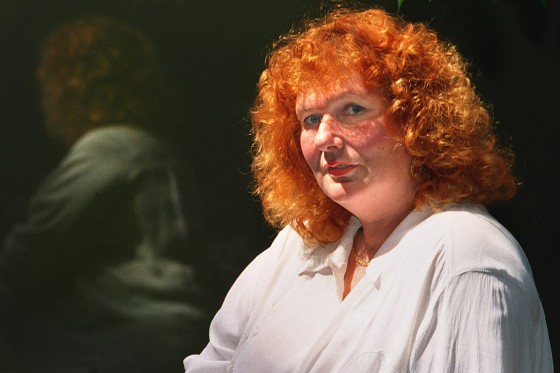SAN FRANCISCO — Carol Leigh, a San Francisco activist who is credited with coining the term “sex work” and who sought for decades to improve conditions for prostitutes and others in the adult entertainment business, has died. She was 71.
Kate Marquez, the executor of her estate, said Leigh died Wednesday of cancer, the San Francisco Chronicle reported Thursday.
A former prostitute, Leigh devoted herself to campaigning on behalf of those in the “sex work industry,” a term she coined as the title for a panel discussion she attended at a feminist anti-pornography conference in 1978, according to an essay she wrote.
The term has become generally used by public health officials, academic researchers and others.
“Carol defined sex work as a labor issue, not a crime, not a sin,” Marquez said. “It is a job done by a million people in this country who are stigmatized and criminalized by working to support their families.”
“Ultimately, Leigh argued that until sex workers are included in the conversations about feminism, sexuality and legality — conversations from which they have historically been excluded — sex workers will remain fragmented rather than collective, and stigmatisation will abound,” said a tweet Thursday from SWARM (Sex Worker Advocacy and Resistance Movement), which describes itself as a sex worker-led collective founded in the United Kingdom in 2009.
Born in New York City, Leigh had a bachelor’s degree in creative writing when she moved to San Francisco in 1977. She began working as a prostitute to earn money but her focus changed after she was raped by two men at a sex studio in 1979, she told SFGate in a 1996 interview.
She couldn’t file a crime report because her workplace would have been closed.
“The fact that I couldn’t go to the police to report the rape meant that I was not going to be able to protect other women from these rapists,” she said. “And I vowed to do something to change that.”
Leigh’s papers will be archived at Harvard University’s Schlesinger Library on the History of Women in America, Marquez said.
